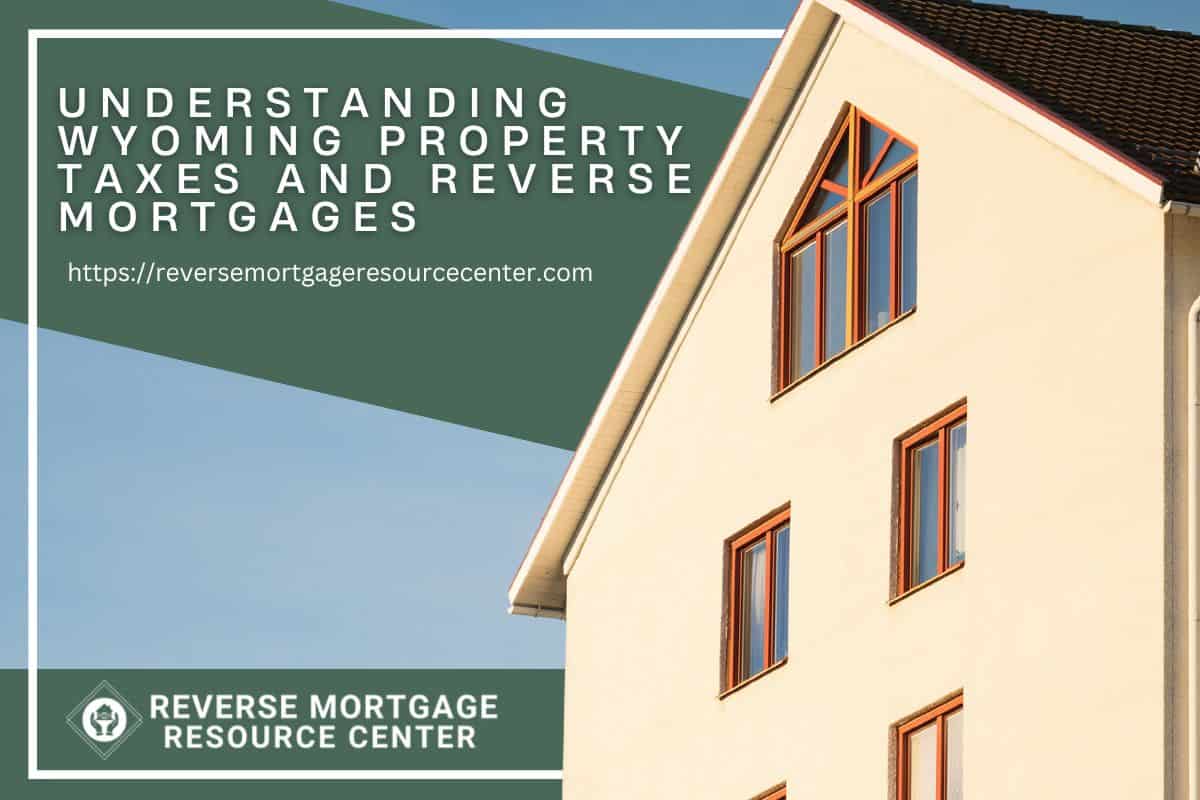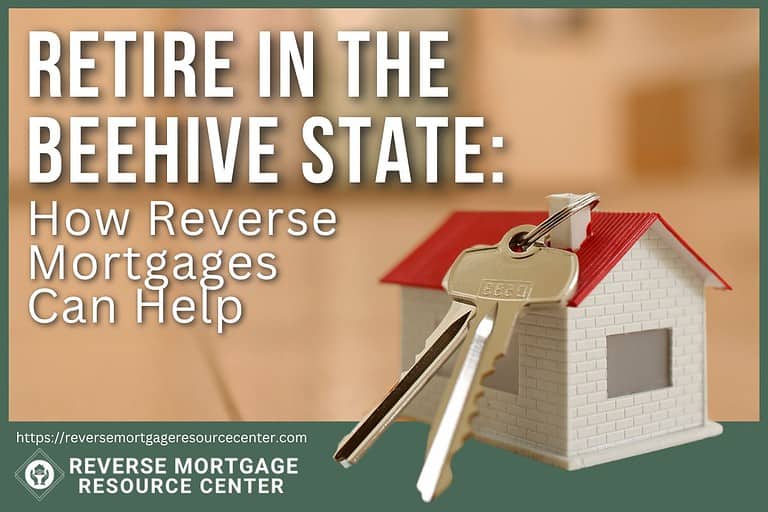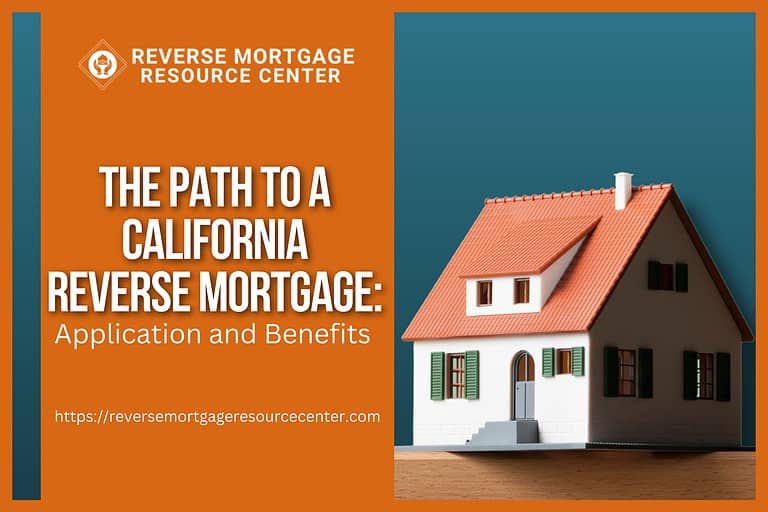Understanding Wyoming Property Taxes and Reverse Mortgages
Property taxes are a significant financial concern for Wyoming residents, and they play an essential role in paying local government services such as schools, infrastructure, and public safety. Simultaneously, many Wyoming seniors are looking for financial solutions to help them maintain their quality of life in retirement, and one option they frequently consider is a reverse mortgage. In this post, we’ll look at Wyoming property taxes and how reverse mortgages can be a beneficial financial tool for seniors in the state.
Wyoming Property Taxes: An Overview
Property Tax Basics
In Wyoming, property taxes are the principal source of income for local governments such as counties, towns, school districts, and special districts. These taxes are imposed on real property’s assessed value, including houses, commercial structures, and land. Property tax money funds critical government services such as education, law enforcement, road maintenance, and healthcare.
Property Tax Assessment
In Wyoming, property taxes are assessed and collected at the county level. County assessors begin the process by determining the assessed value of each property within their jurisdiction. The assessed value is based on the property’s market value, calculated by researching recent transactions of comparable properties. Wyoming calculates property taxes using a “mill levy” system, with one mill representing one-thousandth of a dollar.
Mill Levy
The mill levy is important for establishing a homeowner’s property tax liability. It is computed by dividing a local government entity’s entire budget (for example, a school district) by the total assessed value of all taxable property within that entity’s jurisdiction. The resulting mill levy is then applied to each property’s assessed value to determine its annual property tax burden.
Property Tax Exemptions and Relief Programs
Property tax exemptions and relief programs are available in Wyoming for some eligible individuals and properties. These initiatives are designed to relieve qualified people of the financial burden of property taxes. Among the most common exemptions and relief schemes are:
Senior Citizen Property Tax Exemption: This program gives property tax relief to Wyoming residents aged 65 and over who meet certain income standards.
Veterans Property Tax Exemption: Veterans with a specific level of disability and their surviving spouses may be eligible for property tax exemptions.
Homestead Tax Credit: This credit provides property tax relief for low-income homeowners based on their income and property valuation.
Reverse Mortgages: A Financial Solution for Seniors
Understanding Reverse Mortgages
A reverse mortgage allows seniors 62 and older to turn some of their home equity into tax-free cash without selling their house or making monthly mortgage payments. In contrast to a standard mortgage, in which homeowners make payments to the lender, a reverse mortgage lender disburses money to the homeowner, essentially converting equity into cash.
Types of Reverse Mortgages
In Wyoming, there are three main types of reverse mortgages:
- Home Equity Conversion Mortgage (HECM): The most frequent type of reverse mortgage, HECM loans are insured by the Federal Housing Administration (FHA). They are subject to federal lending limits and have stringent qualifying standards.
- Proprietary Reverse Mortgage: Private loans made available by individual lenders are proprietary reverse mortgages. Although they have fewer restrictions than HECMs, they are not as readily available.
- Single-Purpose Reverse Mortgage: These loans are often made available by state or local government entities and are intended to be used for specified reasons such as home repairs or property tax relief.
Benefits of Reverse Mortgages
Seniors can profit from reverse mortgages in a variety of ways, including:
1. Supplementing Retirement Income
One of the most common reasons seniors choose reverse mortgages is to enhance their retirement income. A reverse mortgage’s tax-free cash might help meet daily living expenses, medical expenditures, or other financial necessities.
2. No Monthly Mortgage Payments
Borrowers who use a reverse mortgage are not obligated to make monthly mortgage payments. This can assist seniors in managing their cash flow and reduce financial stress during retirement.
3. Loan Proceeds Are Tax-Free
The proceeds from a reverse mortgage are considered loan advances and are not taxable under federal law. This might be a huge benefit for seniors who want to make the most of their financial resources.
4. Retaining Homeownership
Seniors who acquire a reverse mortgage can stay in their homes as long as they meet the loan criteria, which often include paying property taxes and homeowners insurance.
Property Taxes and Reverse Mortgages
Property taxes are an important factor for Wyoming seniors seeking reverse mortgages. While a reverse mortgage provides tax-free cash, it does not relieve homeowners of their obligation to pay property taxes. Failure to pay property taxes can result in foreclosure, even if you have a reverse mortgage.
To alleviate this issue, some seniors use some of their reverse mortgage earnings to offset property tax bills. When considering a reverse mortgage, it is critical to budget for property taxes and consider setting away a portion of the loan proceeds to pay these responsibilities.
Factors to Consider
Eligibility and Requirements
Seniors in Wyoming must meet specific eligibility requirements before considering a reverse mortgage. These factors include age requirements, primary resident status, and financial evaluation. It’s critical to speak with a reverse mortgage consultant to see if you qualify and to understand the loan’s terms and restrictions.
Loan Amounts and Costs
The amount of money you can borrow through a reverse mortgage is determined by several factors, including your age, the appraised value of your house, and current interest rates. In addition, reverse mortgages have expenditures such as origination fees, mortgage insurance payments, and interest charges. These expenses may have an impact on the overall amount you get.
Financial Implications
It’s critical to carefully consider the long-term financial ramifications of a reverse mortgage. Because reverse mortgage loans generate interest, the loan total can increase over time, thereby diminishing the equity available in your house. Seniors should evaluate their financial objectives and contact financial professionals to see if a reverse mortgage fits their retirement plans.
REVERSE MORTGAGE RESOURCE CENTER ~LIVE LIFE ON YOUR TERMS~
Our Lending Team has been serving our clients since 2004. We are passionate about serving our clients with integrity to help them achieve their financial goals.







